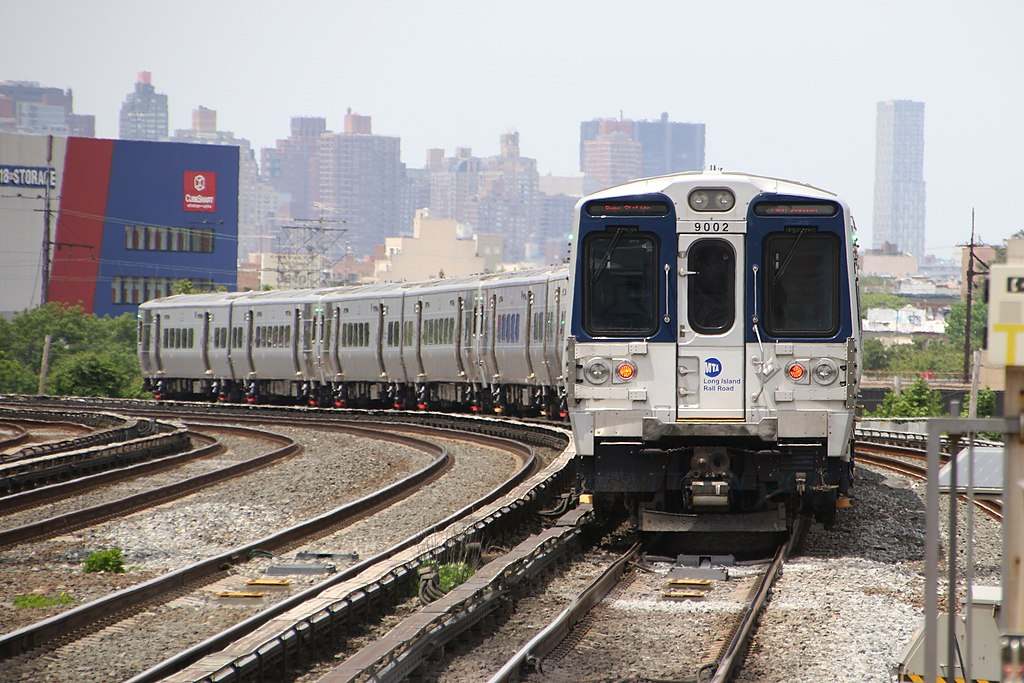A potential LIRR strike has been postponed after five Long Island Rail Road unions asked the Trump administration to intervene, delaying what would have been the first walkout since 1994.
The Brotherhood of Locomotive Engineers and Trainmen (BLET), Brotherhood of Railroad Signalmen (BRS), International Brotherhood of Electrical Workers (IBEW), International Association of Machinists and Aerospace Workers (IAMAW), and Transportation Communications Union (TCU) jointly requested a Presidential Emergency Board—a move unions rarely initiate.
“This action does not mean a strike won’t happen, but it does mean a strike won’t happen now,” said Gilman Lang, general chairman of the Brotherhood of Locomotive Engineers and Trainmen at a union press conference. The postponement brings relief to approximately 250,000 daily riders who faced potential disruption.
Jim Louis, BLET vice president, said he had never heard of unions making such a request in his 49 years in the rail industry. Typically, such requests come from management or other parties rather than from union leadership.
The wage dispute remains unresolved. Unions seek a 16% increase over four years (structured as 3%, 3%, 3.5%, and 6.5% annually), while the MTA has offered 9.5% over three years. Union leaders note they have not received a raise since 2022.
MTA spokesperson John McCarthy urged binding arbitration, stating that LIRR workers are “already the highest paid railroad workforce in the nation.”
With the request for federal intervention, any potential service disruption is pushed back. The earliest a strike could now occur is mid-January, and further federal steps could delay it until May 2026. This timeline removes immediate concerns about transit disruptions for the upcoming Ryder Cup golf tournament at Bethpage in late September.
Governor Kathy Hochul claimed “The White House already intervened… and they screwed us in the process” by releasing the parties from mediation, a characterization that union leaders formally disputed in writing.
Service continues as normal for now. The MTA had prepared contingency shuttle bus plans that won’t be needed immediately. The unions represent approximately 3,400 LIRR workers, about half of the railroad’s unionized workforce.
The last LIRR strike occurred in 1994 and lasted two days. In 2014, a planned walkout was averted by a last-minute settlement. These periodic labor disputes highlight the recurring challenges in railroad contract negotiations.
A White House decision on forming a Presidential Emergency Board is pending. For now, regular commuter service continues while the MTA continues providing updates to passengers through official channels.

















